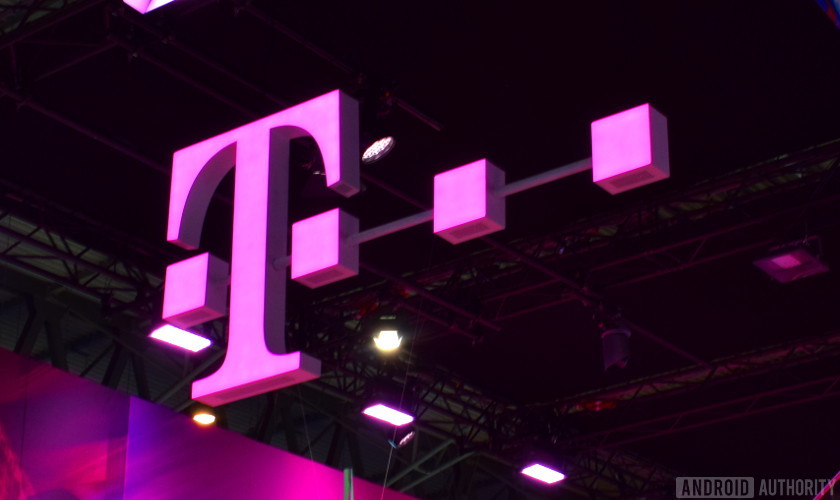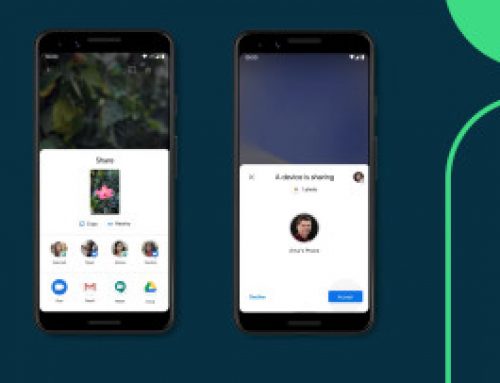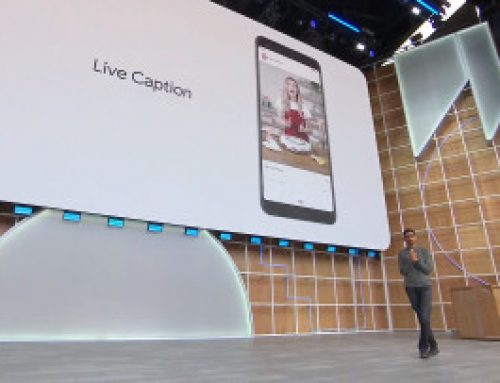
Many of us call Swiftkey a mind-reading service, but this commonly used term is taken quite literally with the solution BrainGate has been working on. Using a Nexus 9 and other brain-reading technology, this Stanford sub-division has manged to allow users to control the Android experience with their thoughts.
But why would anyone want to do this? This is not just a silly gimmick we will enjoy in the future; it represents a whole new era for paralyzed people who many have lost (or never had) the ability to easily communicate with the world.
Eye tracking technology and tapping mechanisms have so far been the only couple viable solutions for those who are paralyzed. But the issue is that these technologies tend to be painfully slow. Not to mention tiring for the user. These inconveniences have inspired scientists to aspire for a better method, and it seems mind reading is the best form of input they can come up with. And guess what? It works!

This pimped up Nexus 9 was first tested on patient T6 (as they call her), a brunette lady in her 50s. She suffers from amyotrophic lateral sclerosis, a disease that causes progressive motor neuron damage and has her paralyzed from the neck down.
There are multiple parts to this system, though. For starters a 100-channel electrode has to be implanted into the left side of the brain, in an area responsible for movement. A neuroprosthesis device is then placed on the user, allowing the system to track brain signals.
 In a way, you can think of this project as some kind of mental cursor. It works much like a mouse in that you can move your selector around and easily select. The team soon realized touch devices were probably the best fit for something like this, not to mention users doesn’t want a customized UI that looks like it was made in the 80s.
In a way, you can think of this project as some kind of mental cursor. It works much like a mouse in that you can move your selector around and easily select. The team soon realized touch devices were probably the best fit for something like this, not to mention users doesn’t want a customized UI that looks like it was made in the 80s.
This is how they opted for the Nexus 9, and Android tablet that is modern, smooth, powerful and runs an open ecosystem BrainGate can customize to their liking. The popular Android tablet seems to have been the right fit, too. The service was easy to customize into the OS, and the neuroprosthetic conveniently communicates via Bluetooth.
Patient T6 was up and running in no time, Googling gardening information and taking advantage of auto completion to speed things up. Even navigating through small links was no issue, which makes this a total success.
The device is said to function at least two years without extra maintenance, and the team claims they are taking this endeavor and pushing forward with it. The plan is to proliferate it by making it accessible and adding support for other platforms.
Targeting the disabled audience is definitely a top priority, so we have to give props to BrainGate for all their hard work. All things considered, it seems like some kind of sci fi story. Tablets that can read your mind? Imagine what else we could do once this technology matures. Users may need an implant, but that is definitely worth it to someone who can’t even move and wants to stay online.
This is something that likely won’t help any of us, and doesn’t hold much consumer value, but it shows how far technology has gone, and the extent in which it can change our lives. To those won can’t enjoy the abilities we take for granted, this will mean the world. I say that is more important than us whining about specs, features and ugly designs – right?





Leave A Comment